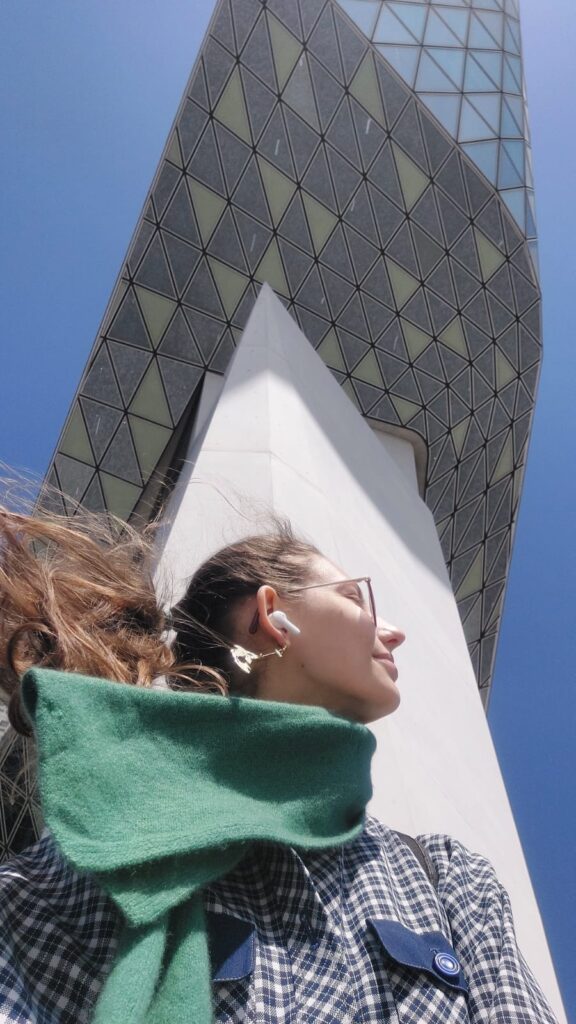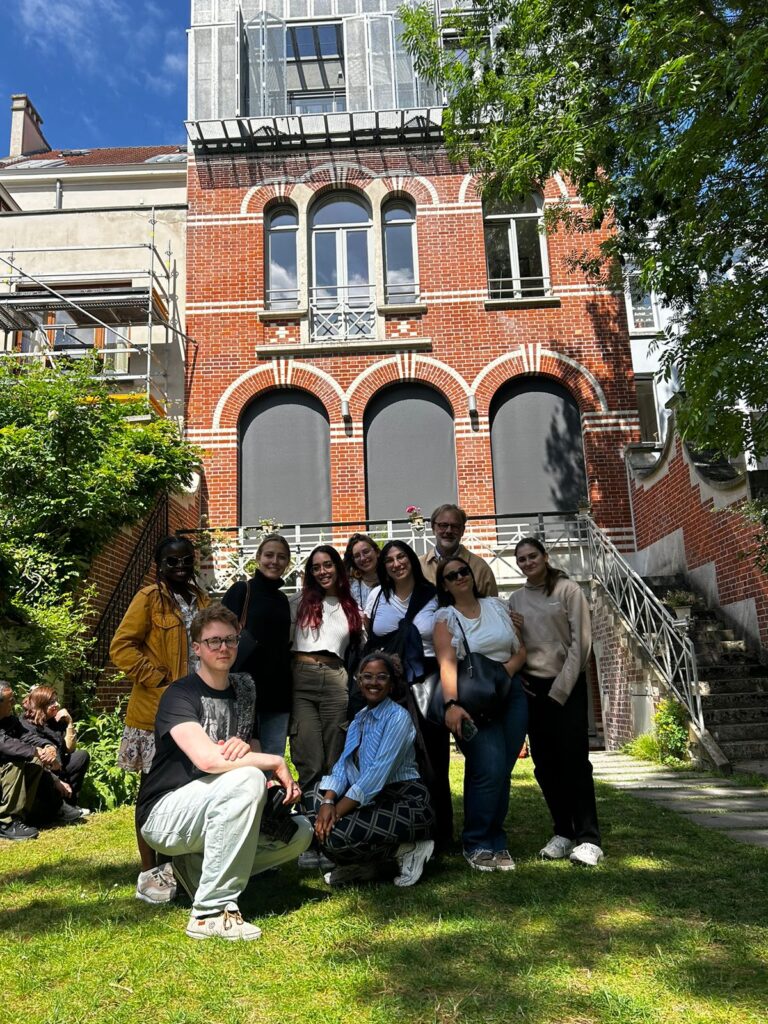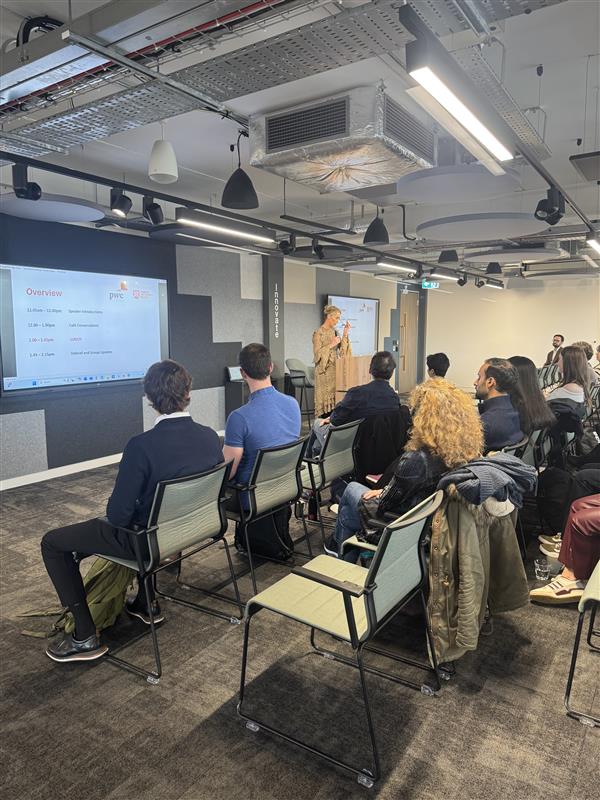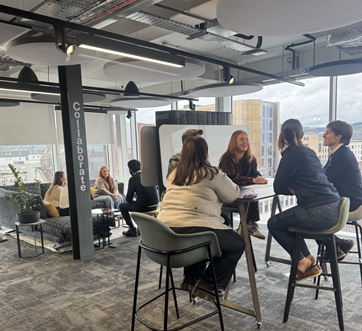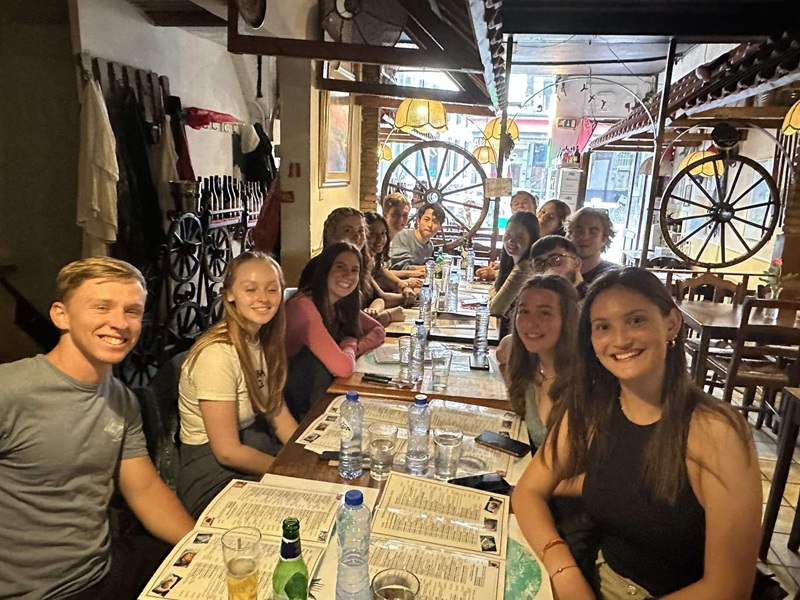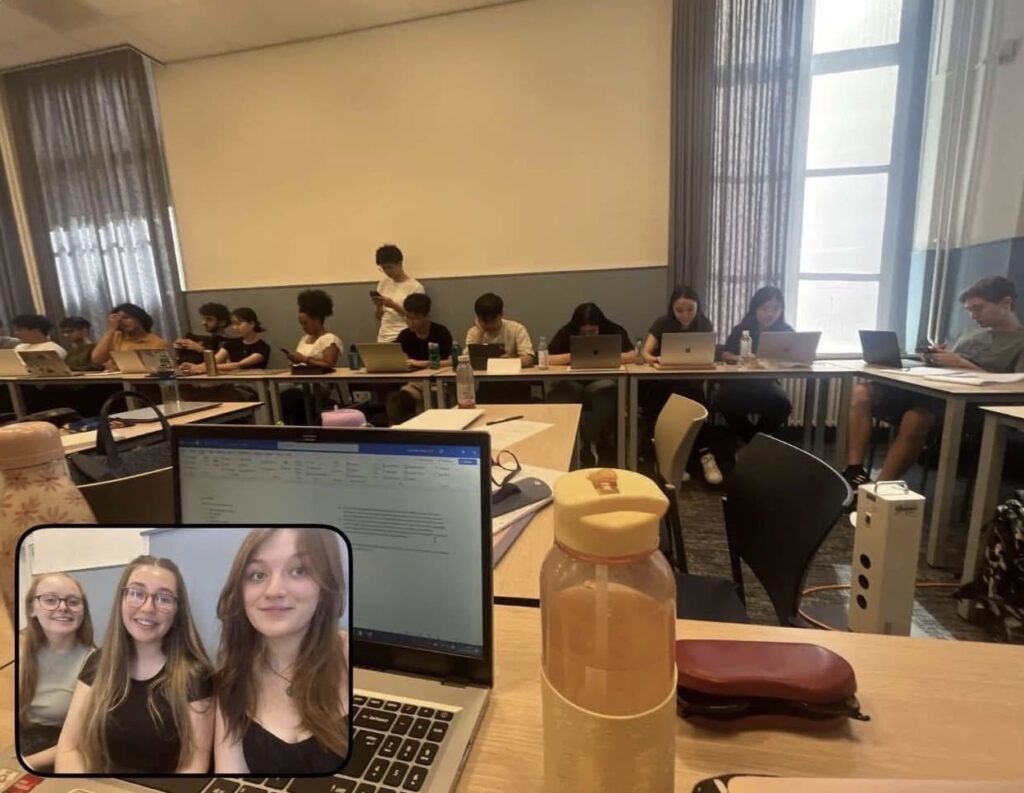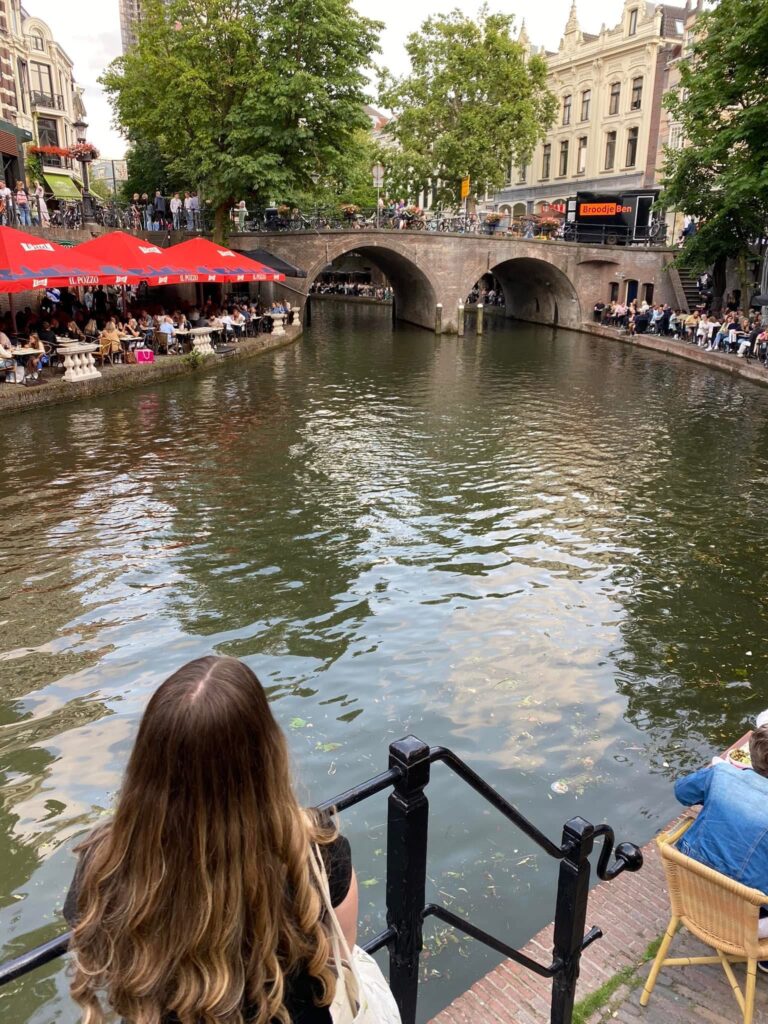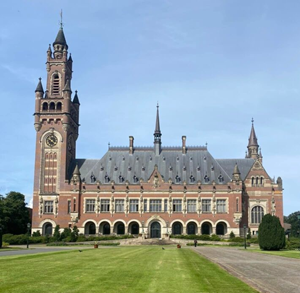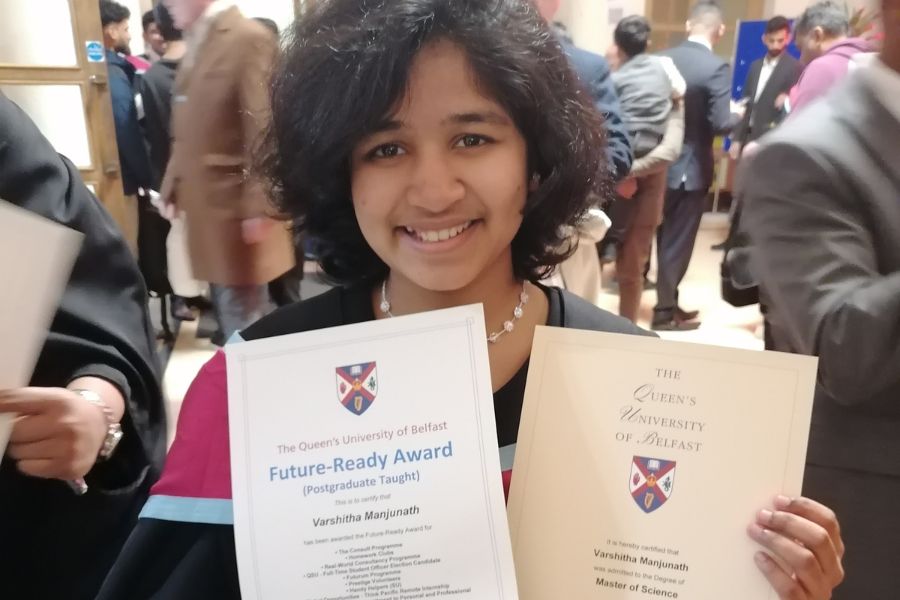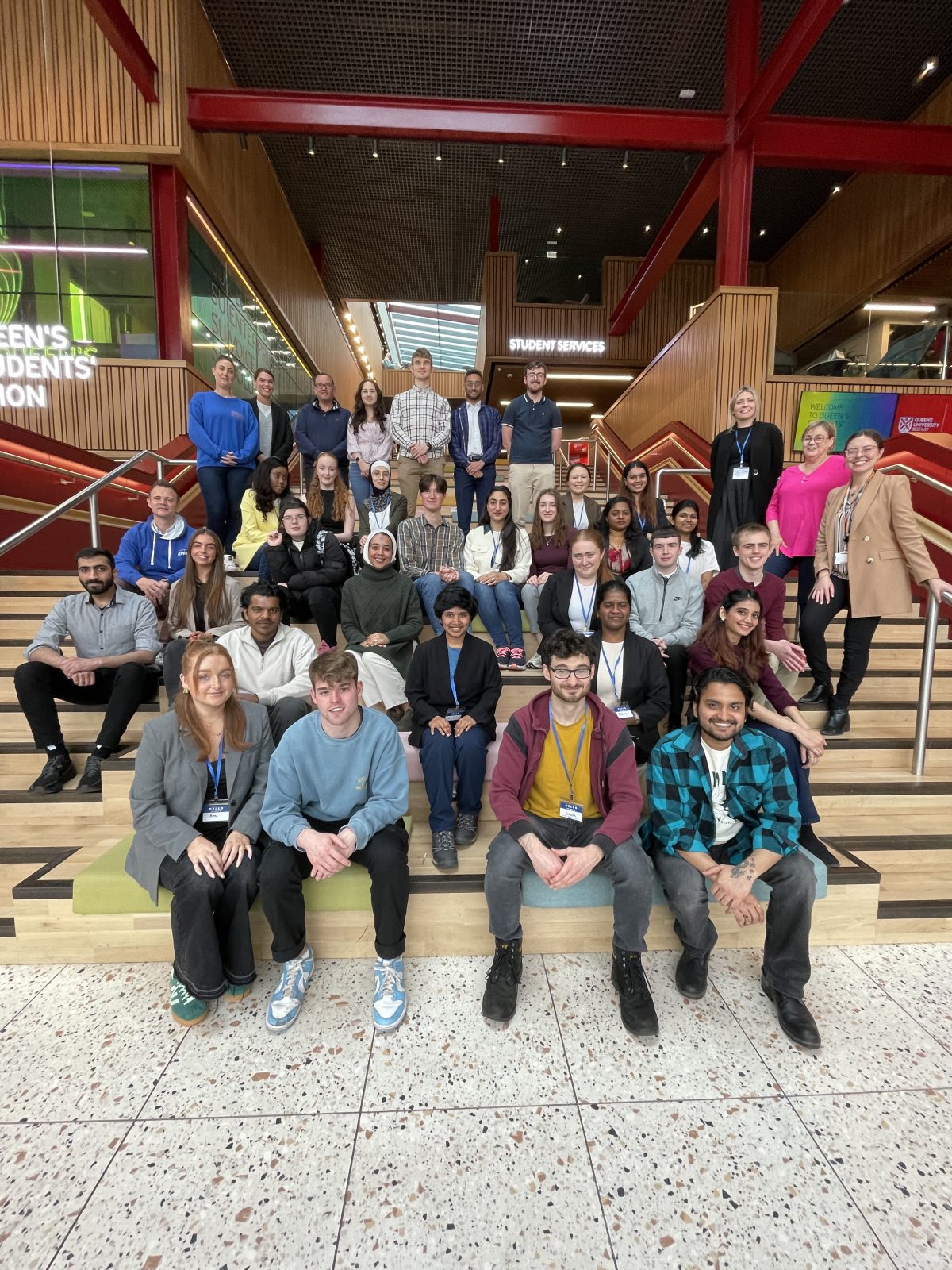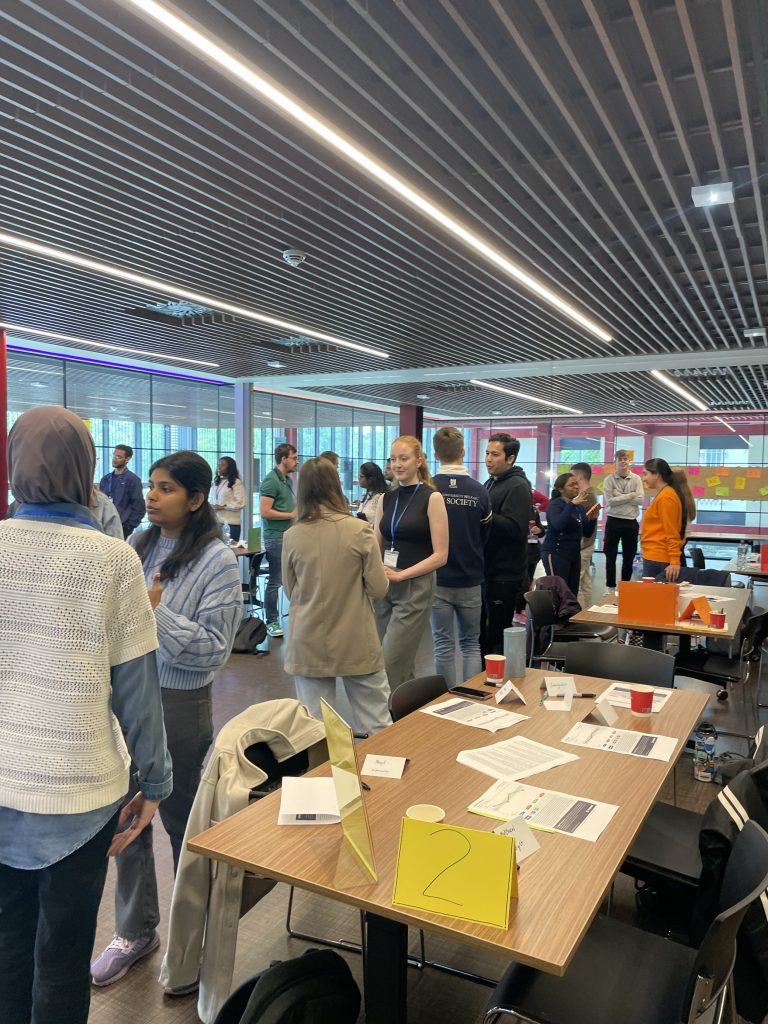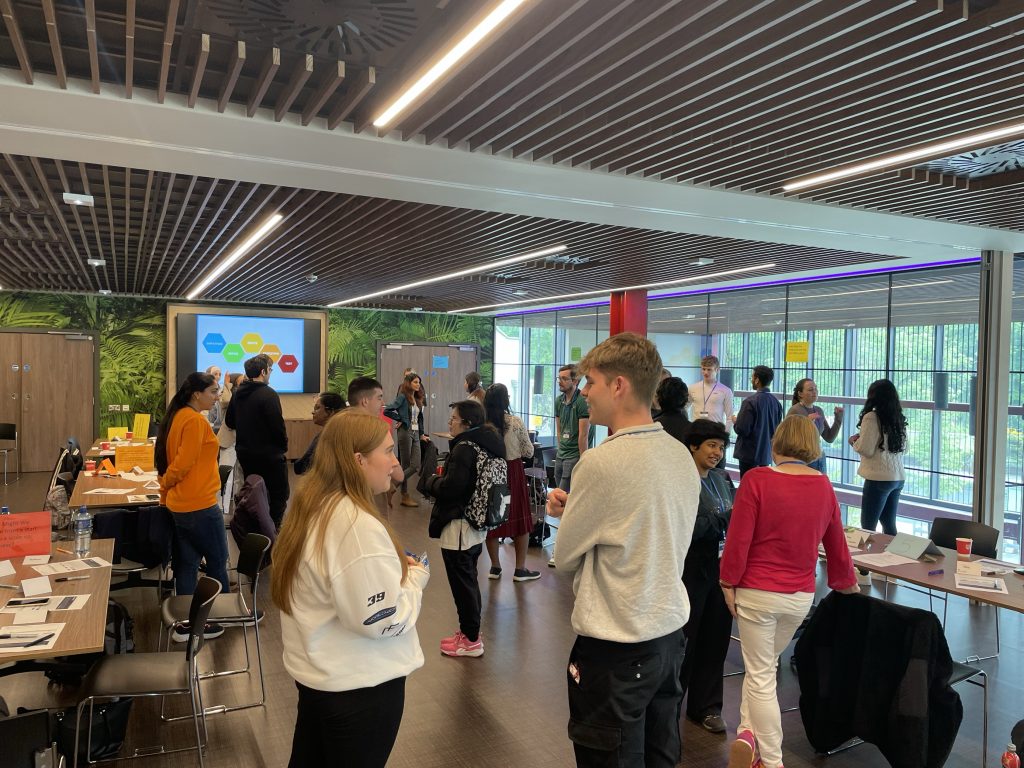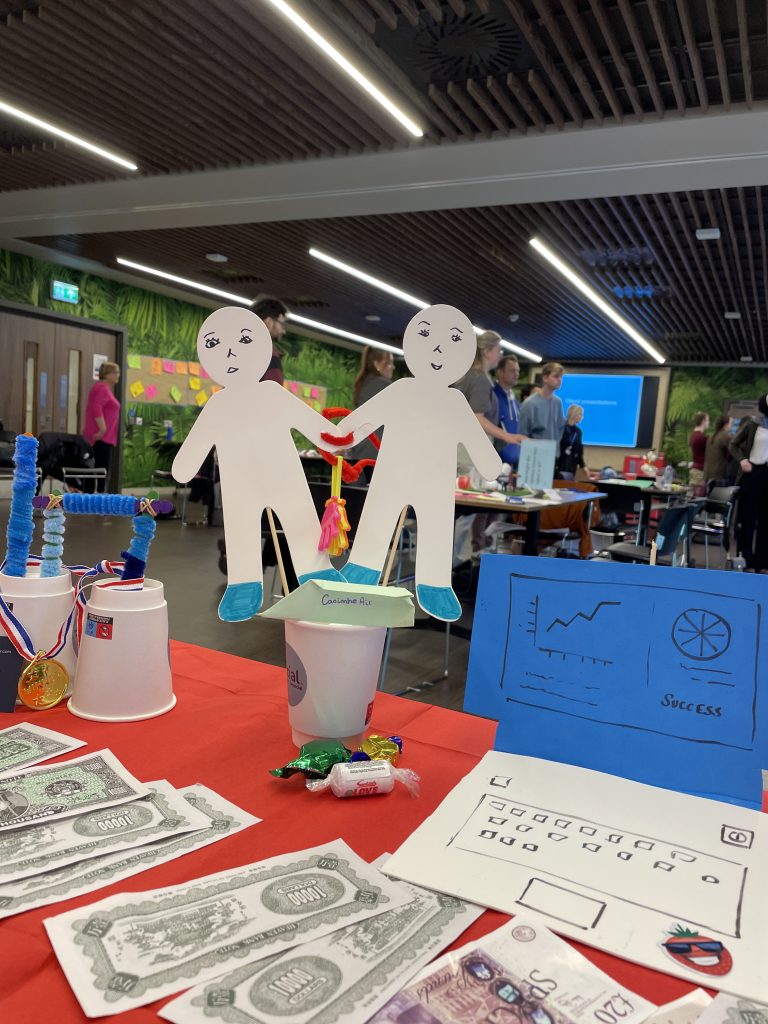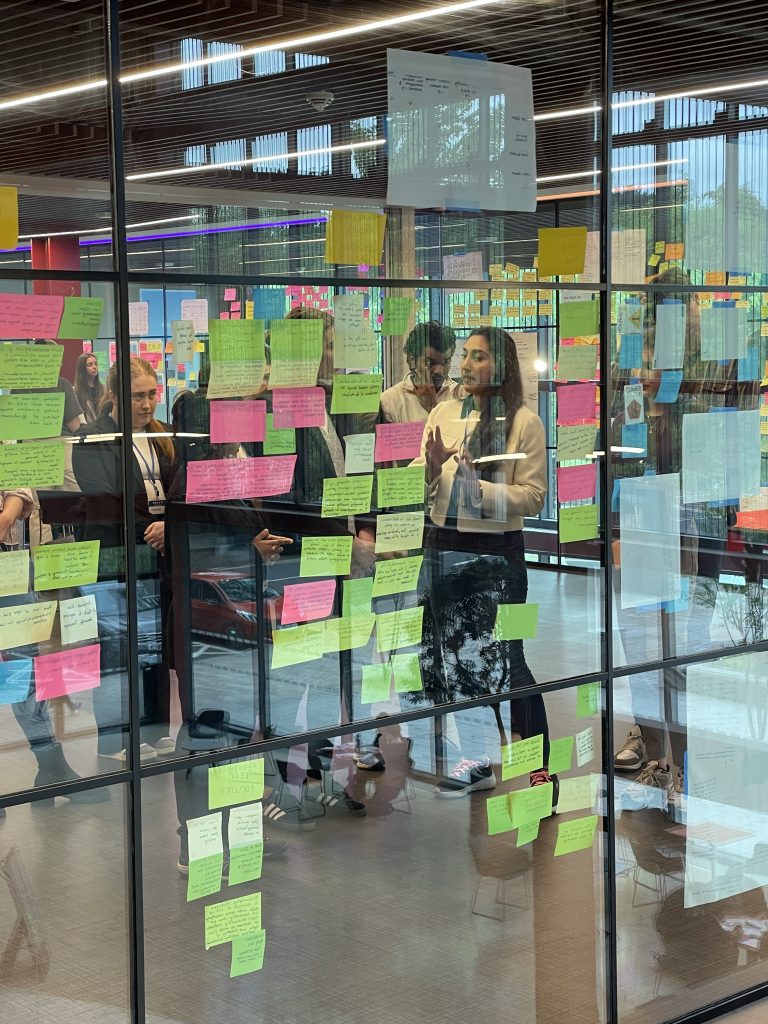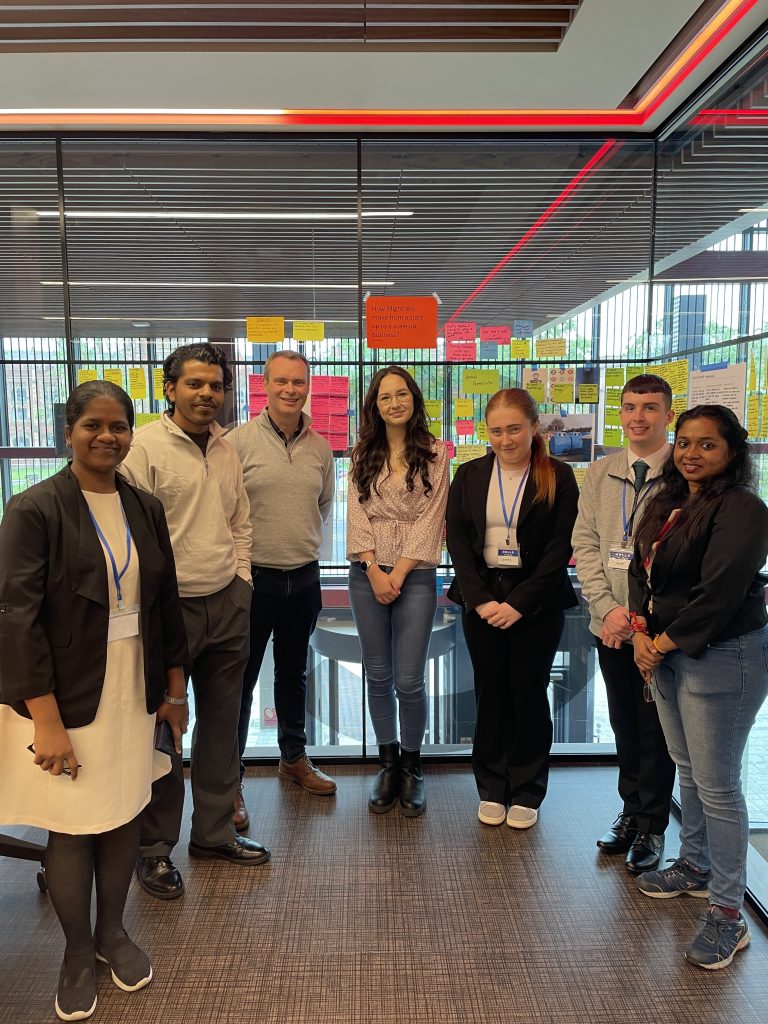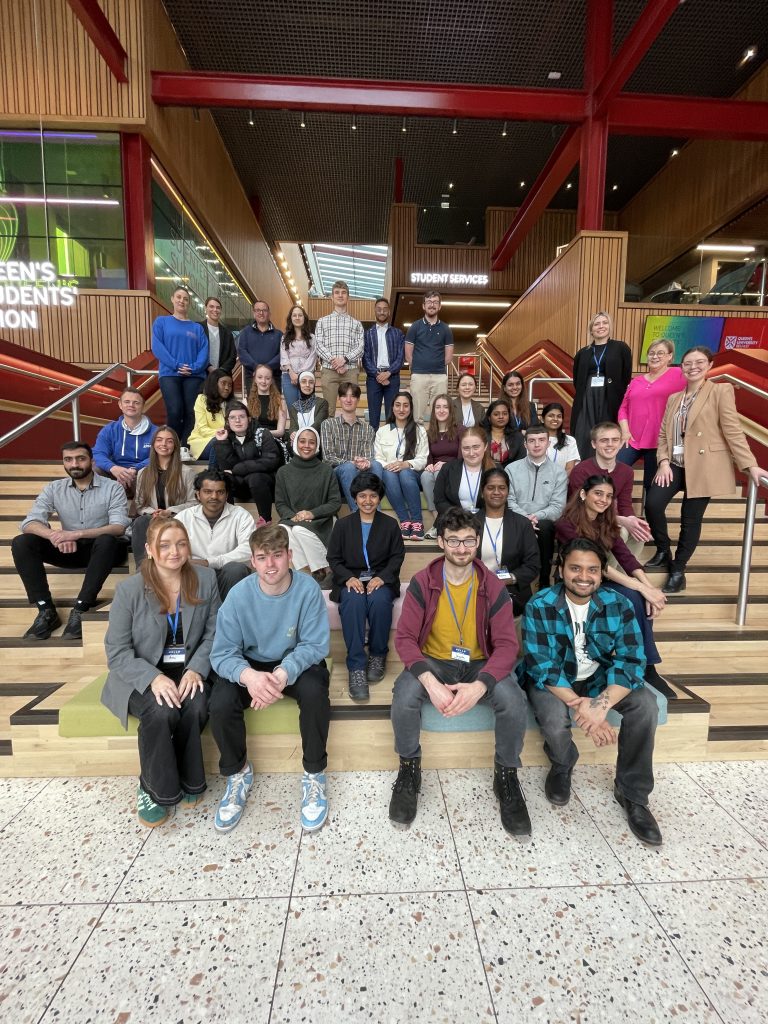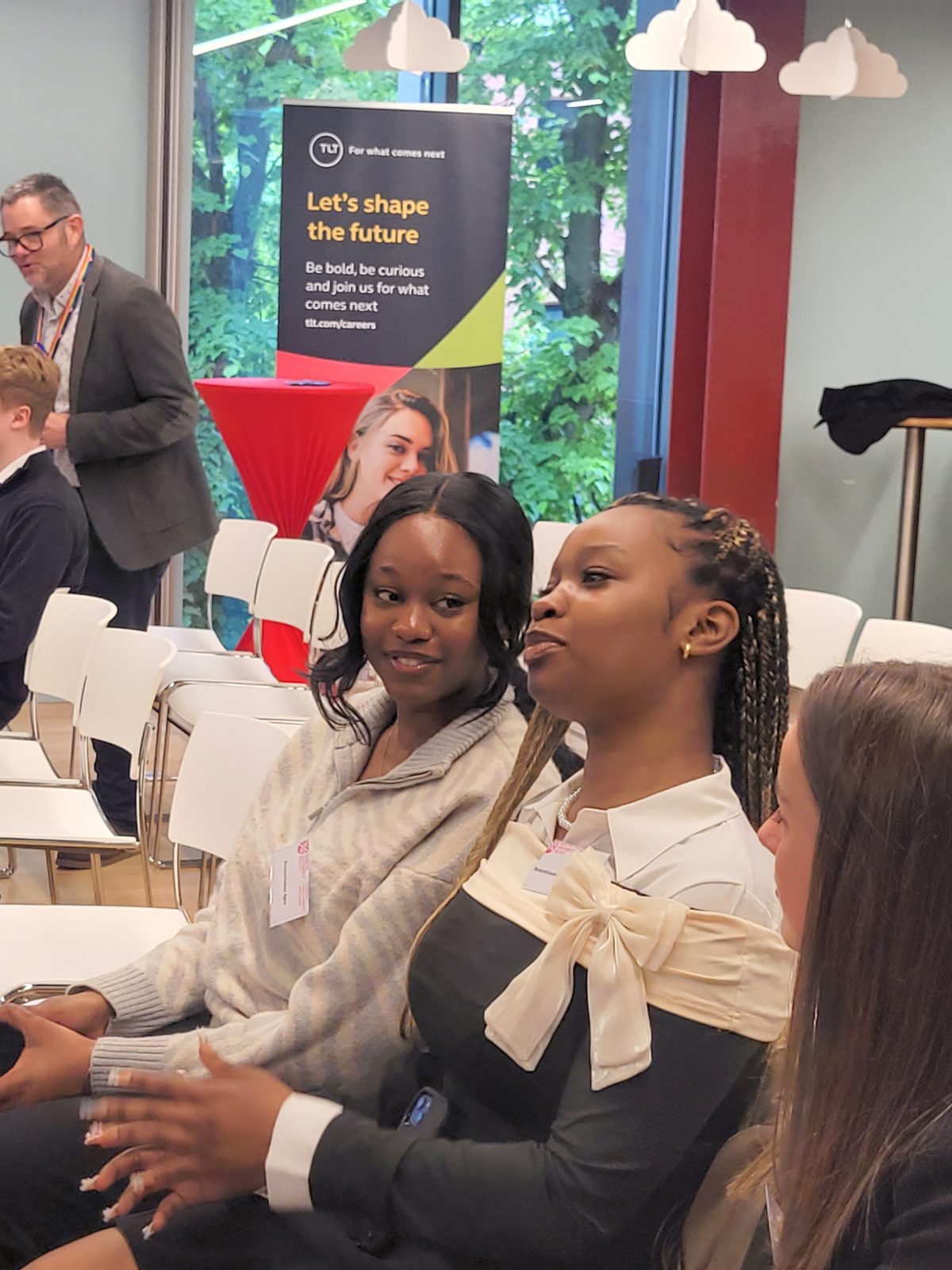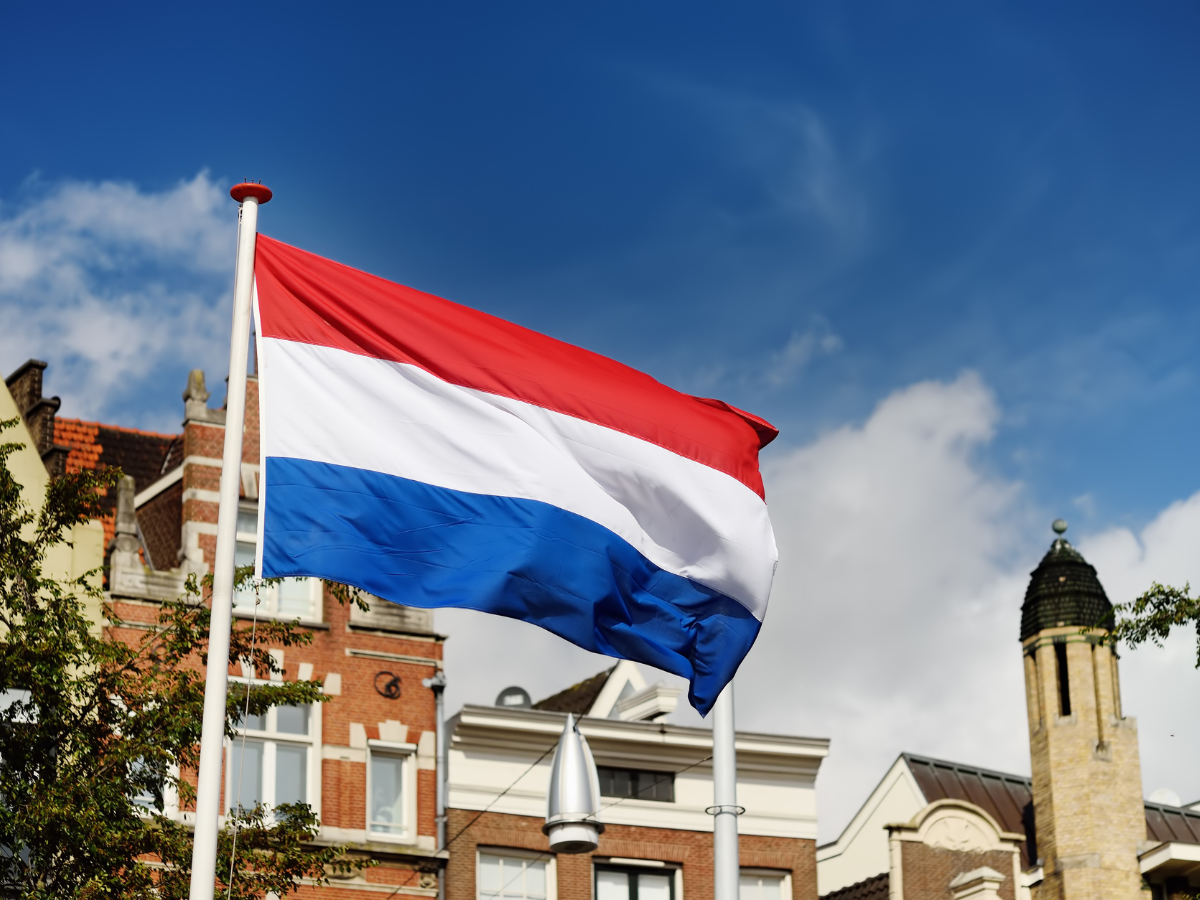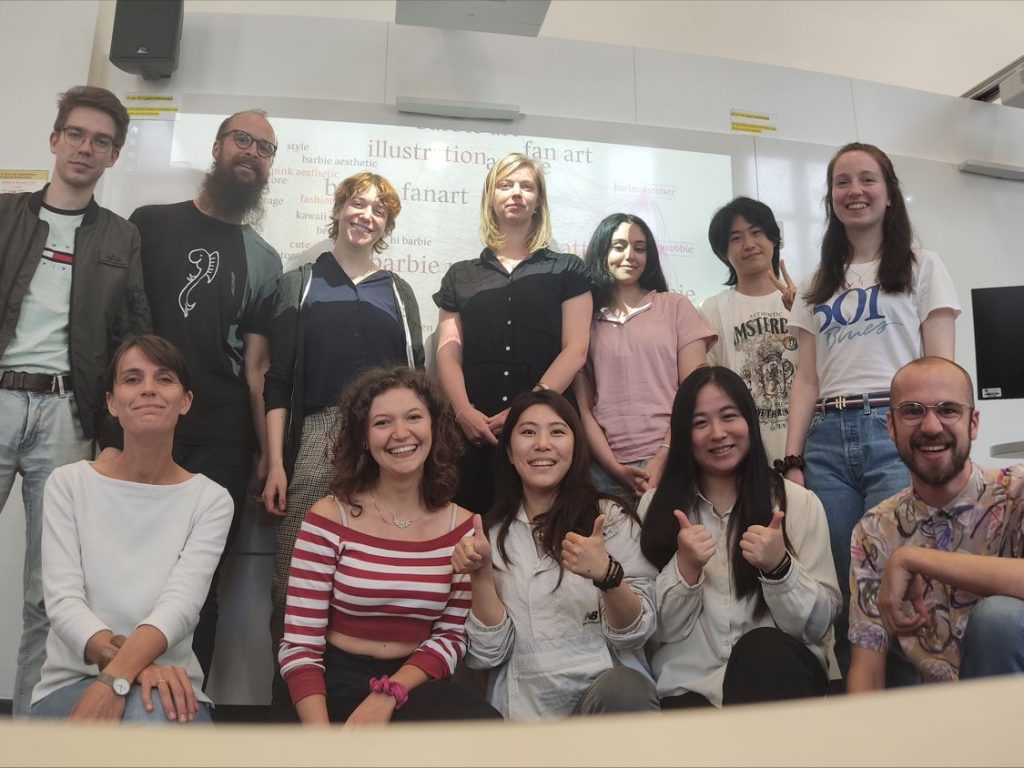Queen’s student Alena Romanovskaya gives her top tips for students studying abroad.
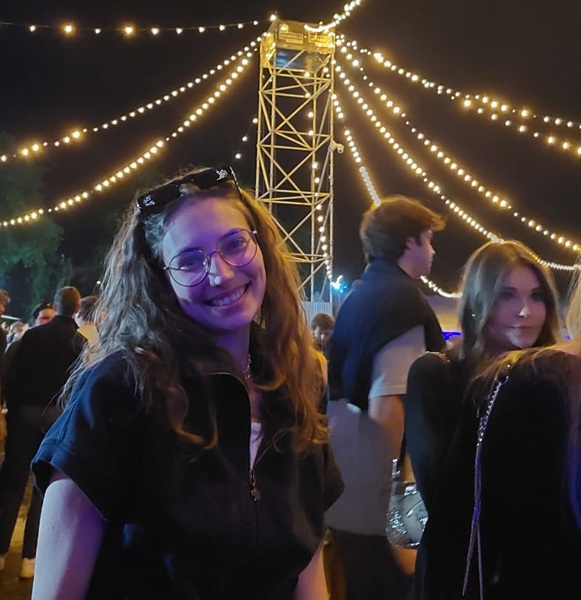
Arrive Early (If You Can) and Build a Routine
If possible, get there a week or two before classes. It helps to sort out things like registration, housing, and setting up your student card without feeling rushed. But it’s okay if you arrive later. You can still build a routine once you’ve settled in.
Stay in Touch with Home
Being abroad is a chance to enjoy independence, but staying connected with people back home really helps. I liked when friends and family visited me, but even video calls or a message made a big difference, especially on quiet days. Having a few photos from home cheered me up when I felt homesick.
Keep Digital Copies of Important Documents
Scan or photocopy your passport, insurance, and university papers before you leave. The university printers came in handy for this. Having backups saved me stress when something came up unexpectedly.
Explore Local Transport and Free Days
Take some time to learn how public transport works. I studied in Hasselt and really liked how simple it was to get around. There are good discounts if you’re under 26, so it’s worth checking in advance. The bus app shows live locations, and the train app is great for platform info, carriage types, and delays. If you’re in Belgium, remember Heritage Day happens every year on the first Sunday after Easter. Also, many museums are free on the first Sunday of each month.
Be Open to Spontaneous Adventures
Keep an eye on emails and group chats. Some of my favourite experiences came up this way. I found out about volunteering with Re-Book at UHasselt selling second-hand textbooks. This lead to my very first go-karting team building. One of my best memories was visiting the maritime museum in Antwerp. I hadn’t planned it, but it turned out to be a really interesting detour.

